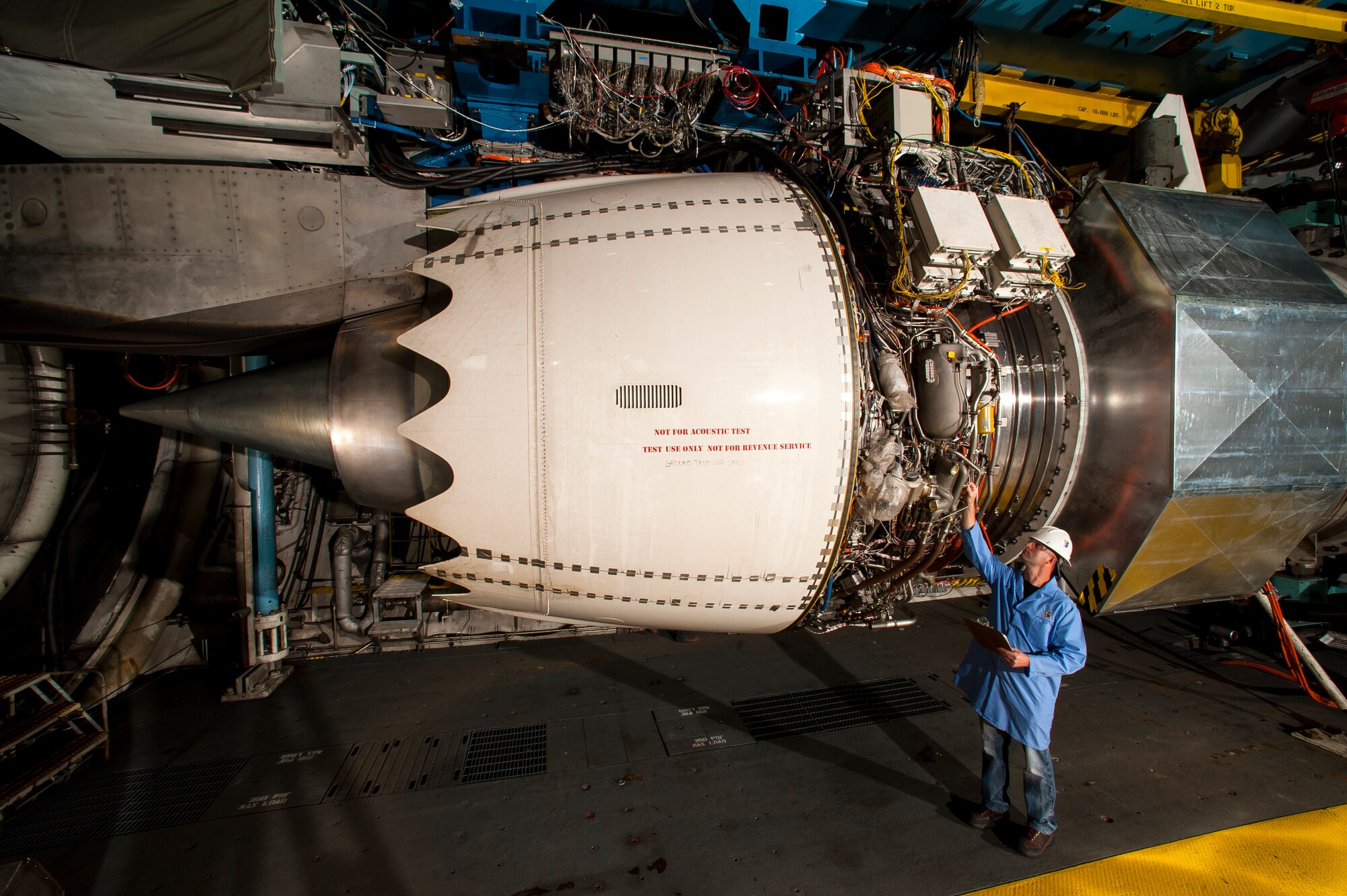EN 326 Cryogenic Propellant Testing
The European Standard EN 326 specifies procedures for the testing of cryogenic propellants in aerospace and aviation applications. This standard is crucial for ensuring that rocket fuel, liquid hydrogen, and similar fuels are tested under conditions closely resembling their operational environment. The primary objective of this test is to evaluate the physical properties of these fuels at temperatures as low as -196°C (the boiling point of liquid nitrogen), which helps in understanding how they behave under extreme cold.
Cryogenic propellant testing is a critical step in the development and certification process for rockets, space vehicles, and other propulsion systems. The test parameters include pressure, temperature, and flow rate, all of which are monitored to ensure that the fuel behaves predictably within its intended operating envelope. Specimen preparation involves filling the fuel tank with the cryogenic propellant and then subjecting it to the specified environmental conditions for an extended period.
Instrumentation used in this testing includes cryogenic tanks capable of maintaining precise temperature control, flow meters, pressure gauges, and data acquisition systems that record all critical parameters. The testing process involves gradual cooling of the fuel to cryogenic temperatures while monitoring its physical properties such as density, viscosity, and boiling point. Once at cryogenic conditions, further tests assess how the fuel behaves under these extreme conditions.
The standard also specifies acceptance criteria for the fuel's performance in terms of stability, flowability, and safety. If any of these parameters fall outside acceptable limits, it may indicate potential issues with the fuel formulation or storage conditions. This test is particularly important for liquid hydrogen (LH2) and other cryogenic fuels used in advanced propulsion systems.
Aerospace and aviation industries rely heavily on standards like EN 326 to ensure that their products meet stringent safety and performance requirements. By adhering to these standards, manufacturers can demonstrate compliance with international regulations and gain the trust of regulatory bodies and customers alike.
- Ensures consistent quality of cryogenic propellants
- Safeguards against operational failures due to improper fuel behavior at low temperatures
- Aids in the optimization of fuel formulations for optimal performance
- Facilitates compliance with international safety standards
The results from EN 326 testing are invaluable for R&D engineers and quality managers, providing critical data that informs design decisions and enhances product reliability. This information is also crucial for procurement teams who need to ensure they are sourcing fuels that meet these stringent requirements.
Eurolab Advantages
At Eurolab, we understand the importance of precise and reliable testing in the aerospace and aviation sectors. Our state-of-the-art facilities and experienced technical staff provide unparalleled accuracy and consistency in our EN 326 cryogenic propellant tests. Here's why you should choose us:
- ISO/IEC 17025 Accreditation: Ensures that all our testing procedures meet the highest quality standards.
- Experienced Staff: Our team comprises experts with deep knowledge of aerospace and aviation testing, ensuring accurate and reliable results.
- Advanced Equipment: We use cutting-edge instrumentation capable of maintaining precise temperature control down to cryogenic levels.
- Comprehensive Reporting: Our detailed reports provide actionable insights that can be used for process improvements and design optimizations.
We pride ourselves on delivering results that not only meet but exceed industry expectations. With Eurolab, you can trust that your tests are conducted with the utmost professionalism and integrity.
Why Choose This Test
- To ensure fuel stability under extreme cold conditions
- To verify flowability of cryogenic propellants at low temperatures
- To detect potential issues in fuel formulations early in the development process
- To comply with international safety standards and regulations
- To optimize fuel performance for optimal propulsion system efficiency
- To maintain consistent quality across batches of fuel
- To safeguard against operational failures that could compromise mission success
- To provide comprehensive data for design improvements and process optimization
The EN 326 test is essential for the aerospace industry as it ensures that cryogenic propellants behave predictably under their intended operating conditions. This reliability is critical for ensuring safe and efficient operations in space vehicles, rockets, and other advanced propulsion systems.
International Acceptance and Recognition
The EN 326 standard has gained international recognition and acceptance within the aerospace and aviation industries. It is widely used by manufacturers of rocket engines, spacecraft, and other propulsion systems to ensure that their fuels meet stringent quality standards. Compliance with this standard provides a competitive advantage as it demonstrates commitment to safety and performance.
The European Union's regulatory framework recognizes EN 326, which further enhances its credibility and acceptance globally. This recognition ensures that tests conducted according to this standard are widely accepted by international bodies such as the International Organization for Standardization (ISO) and the American Society for Testing and Materials (ASTM).
Many countries have adopted similar standards based on EN 326, making it a cornerstone of global aerospace and aviation testing practices. By adhering to this standard, manufacturers can ensure that their products meet international safety and performance requirements, thereby gaining access to larger markets.





